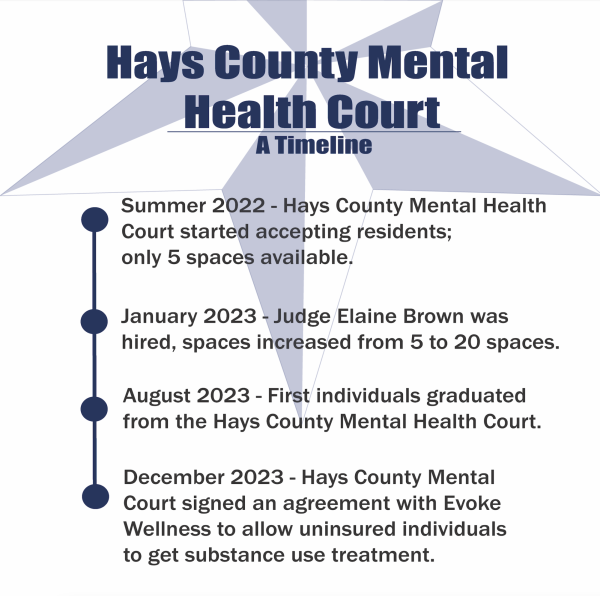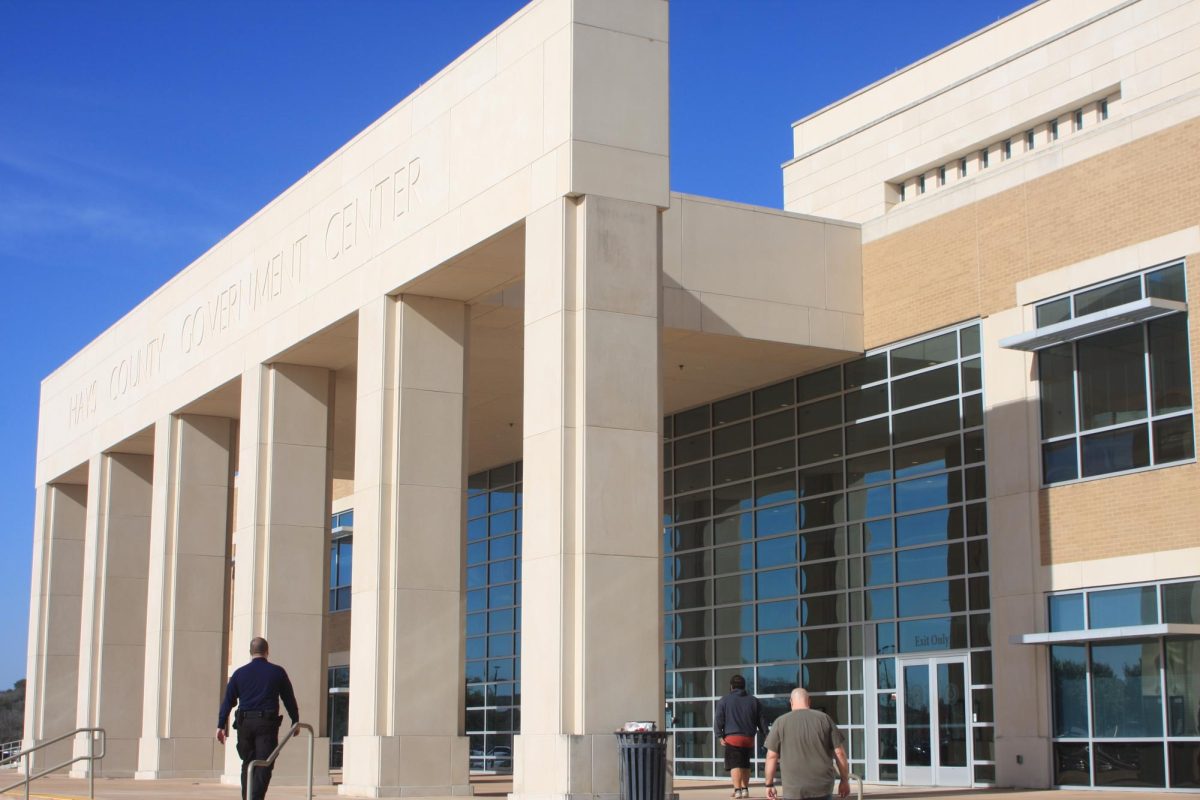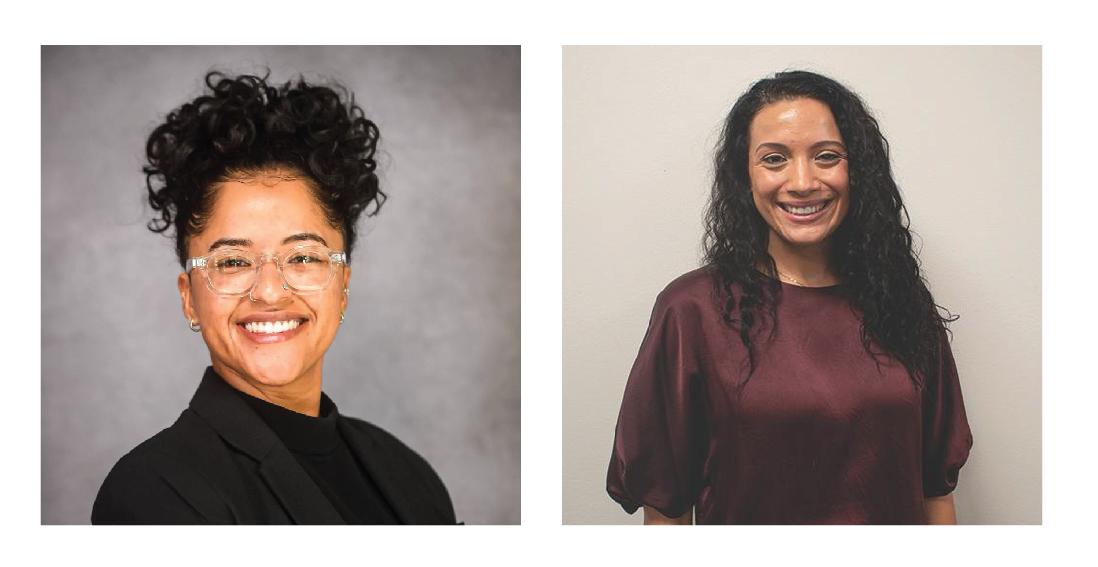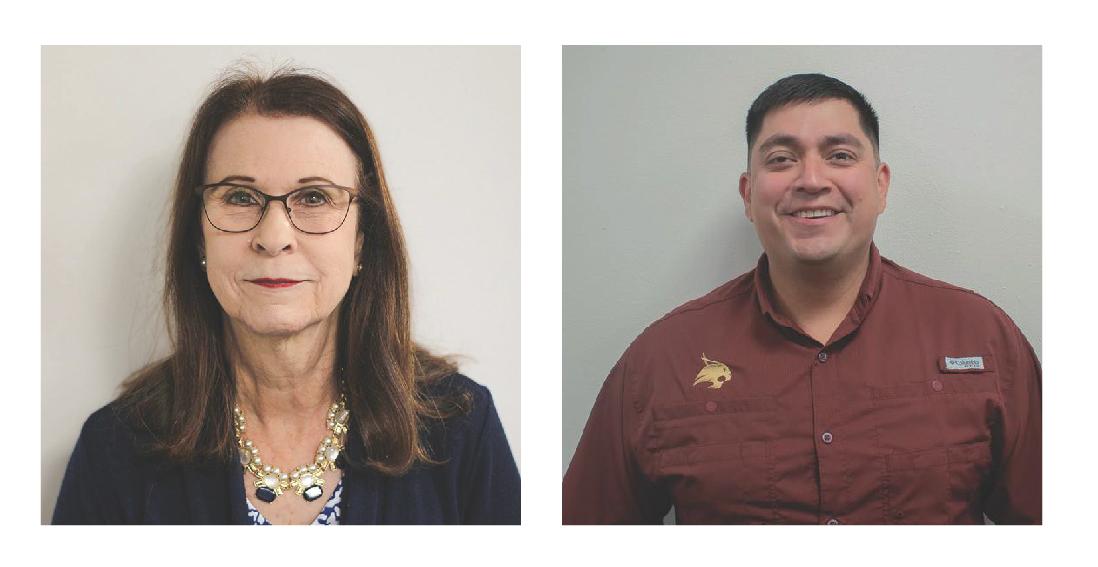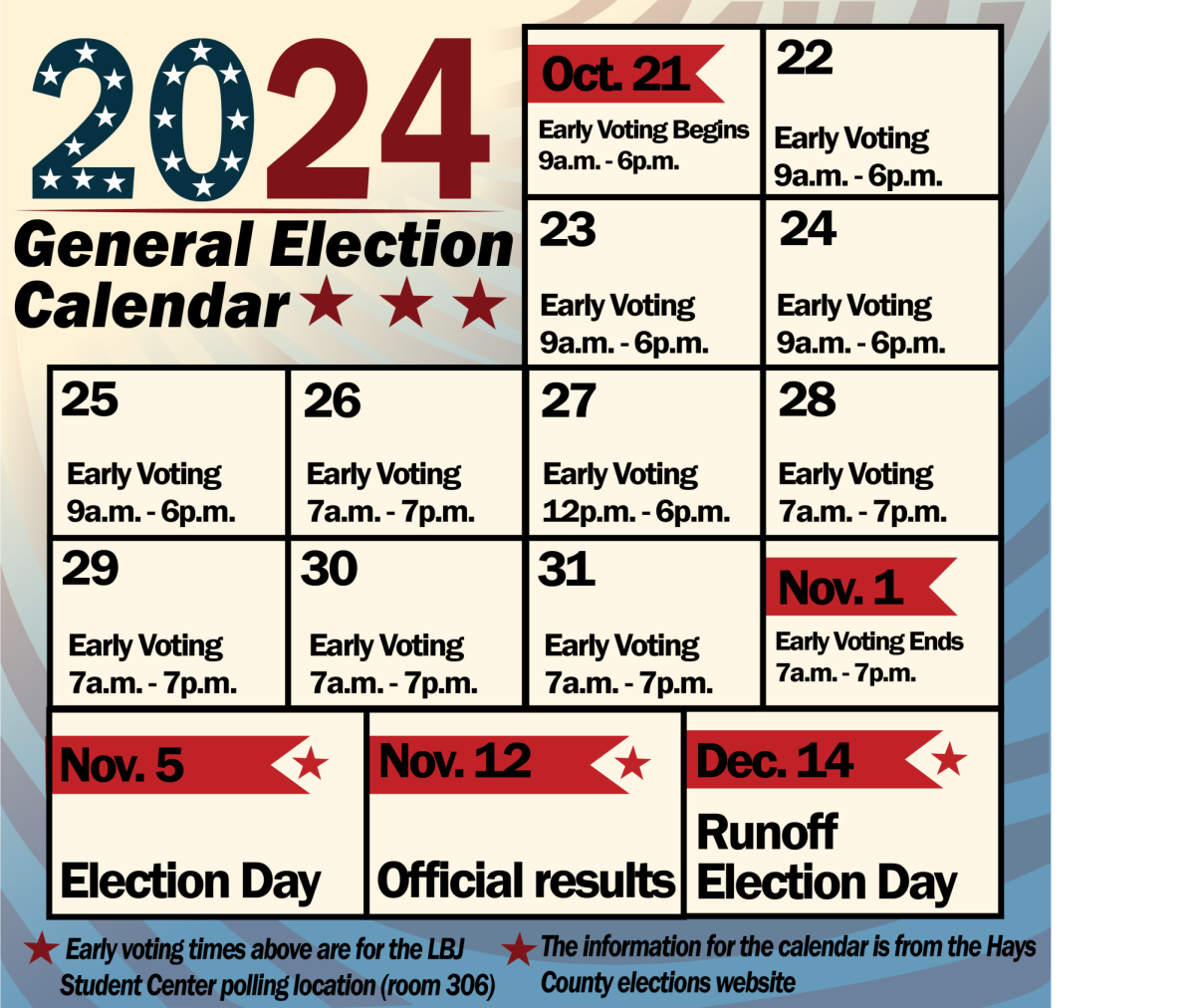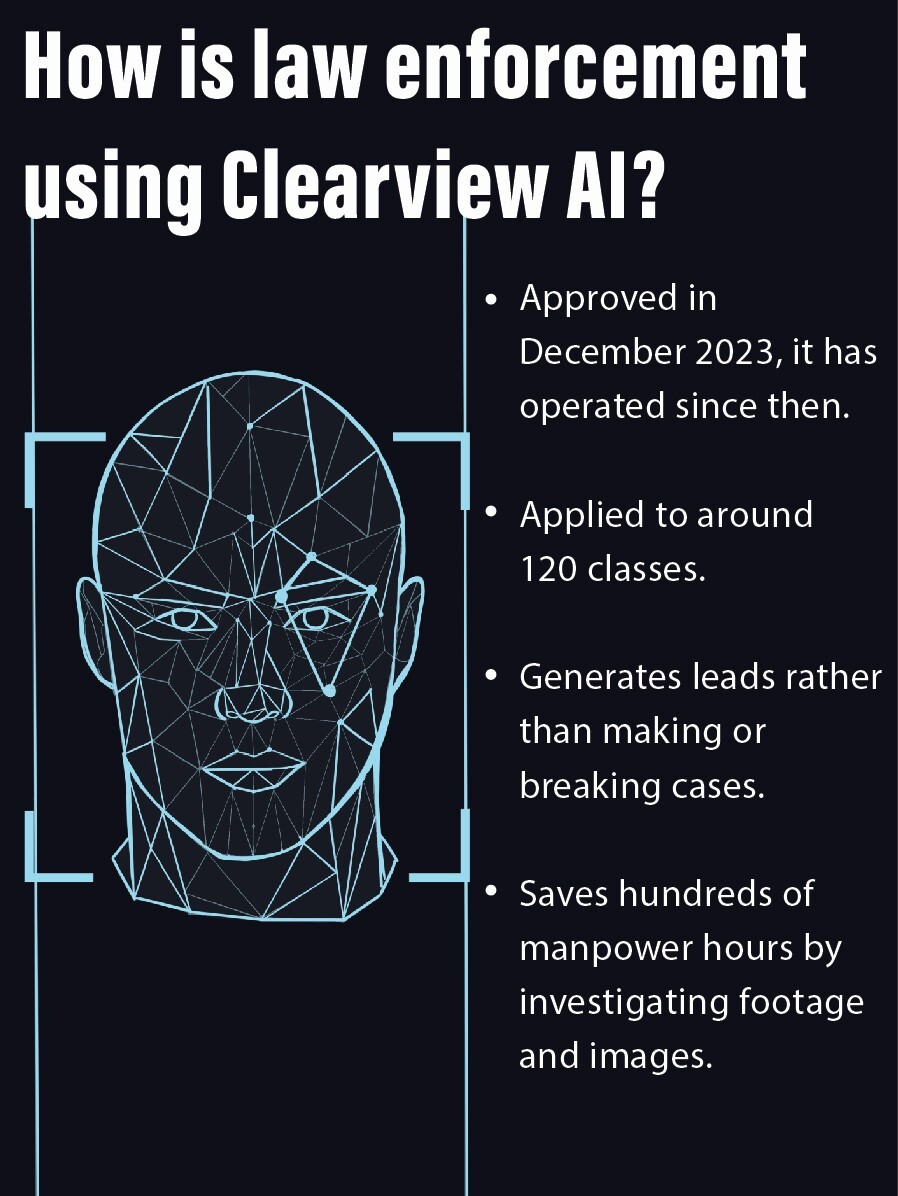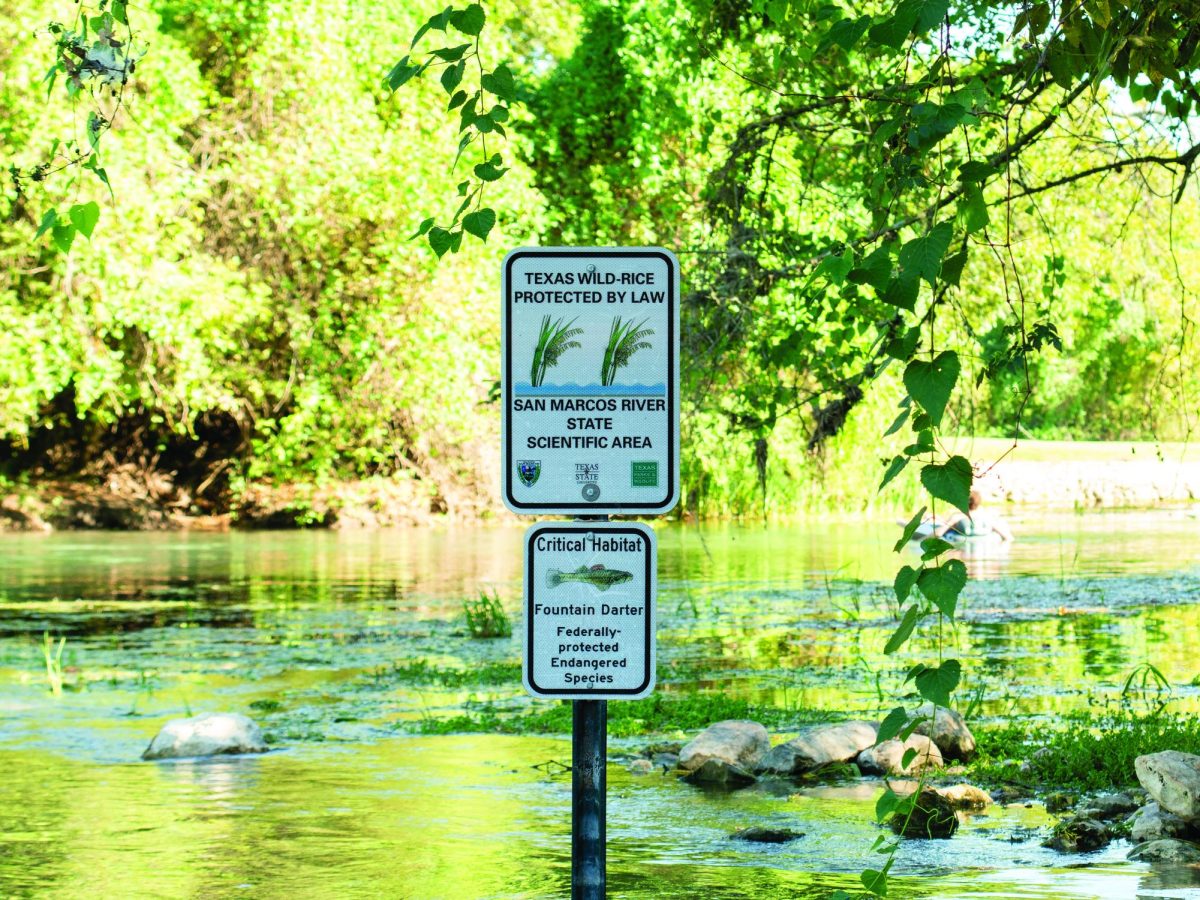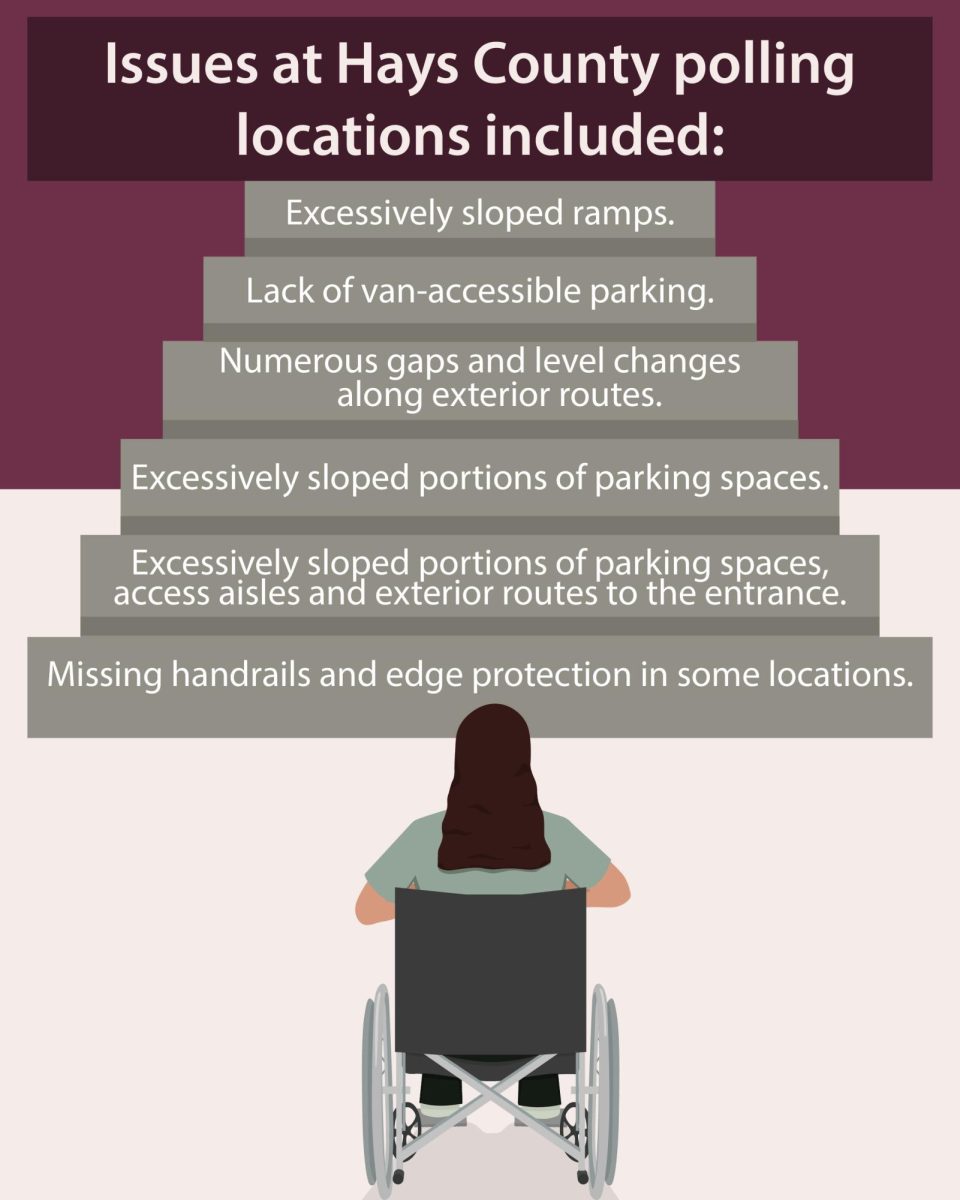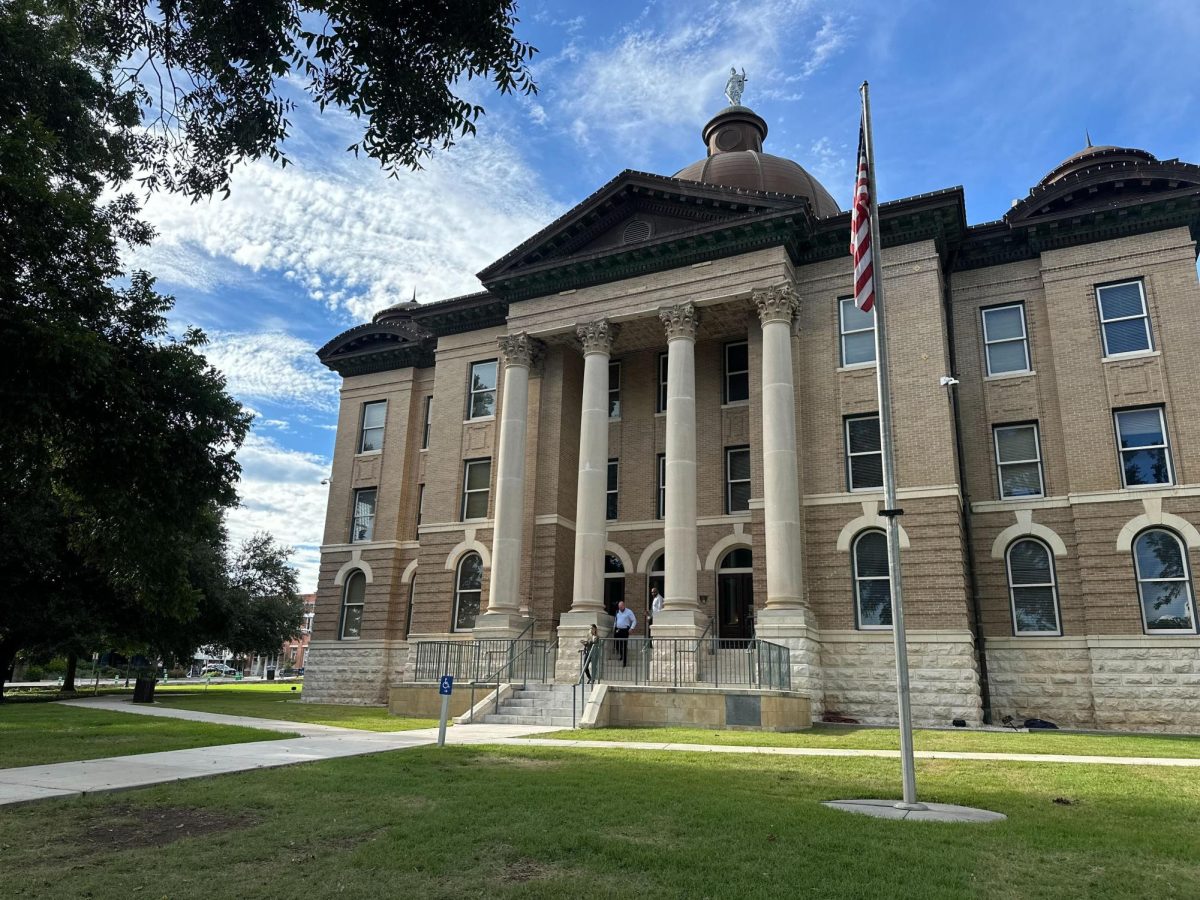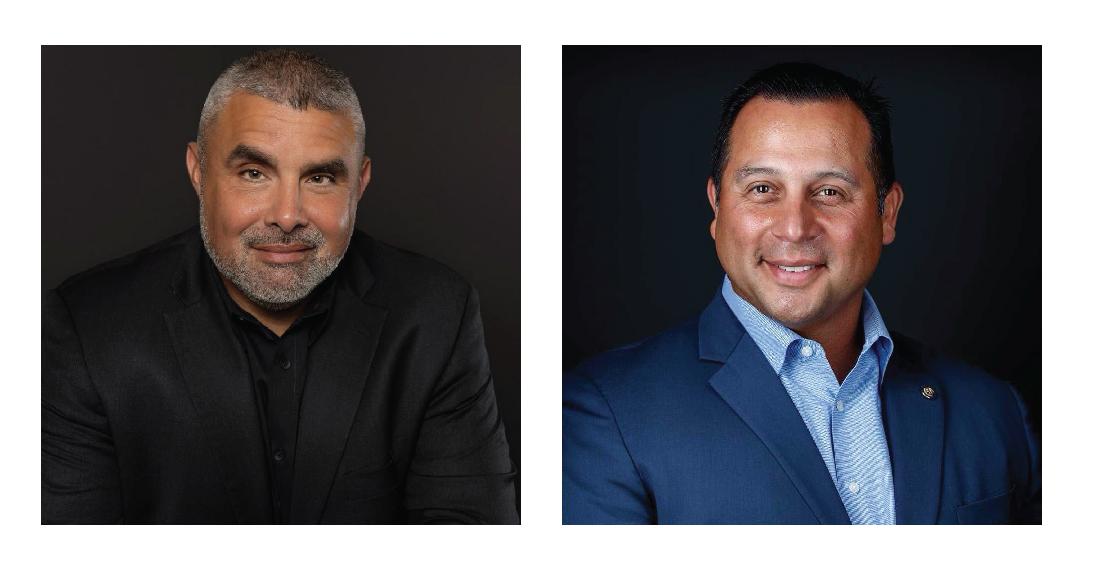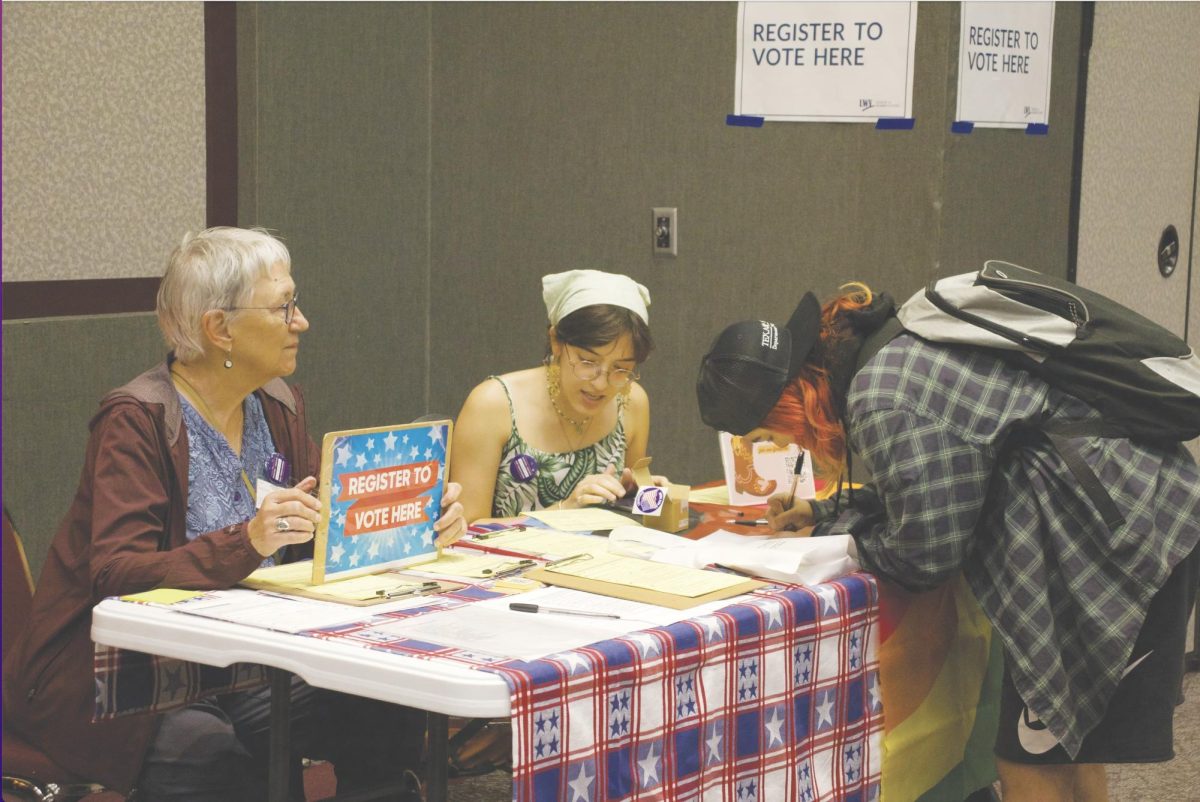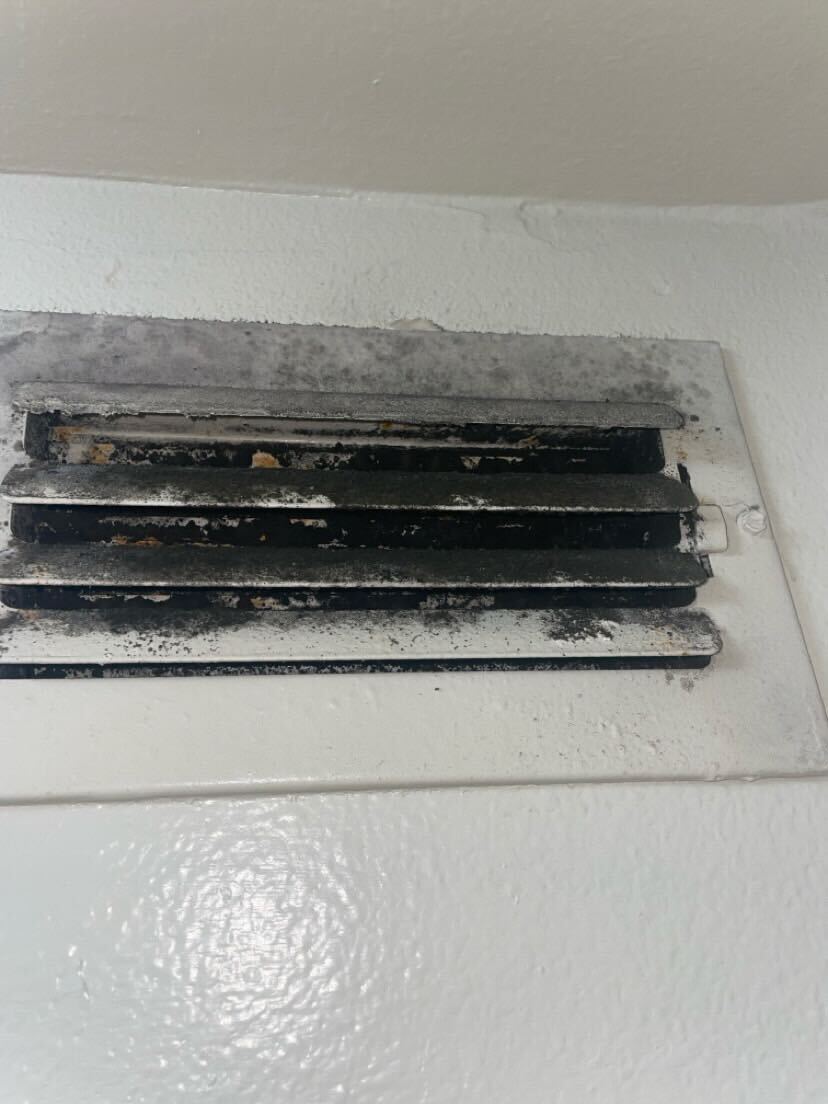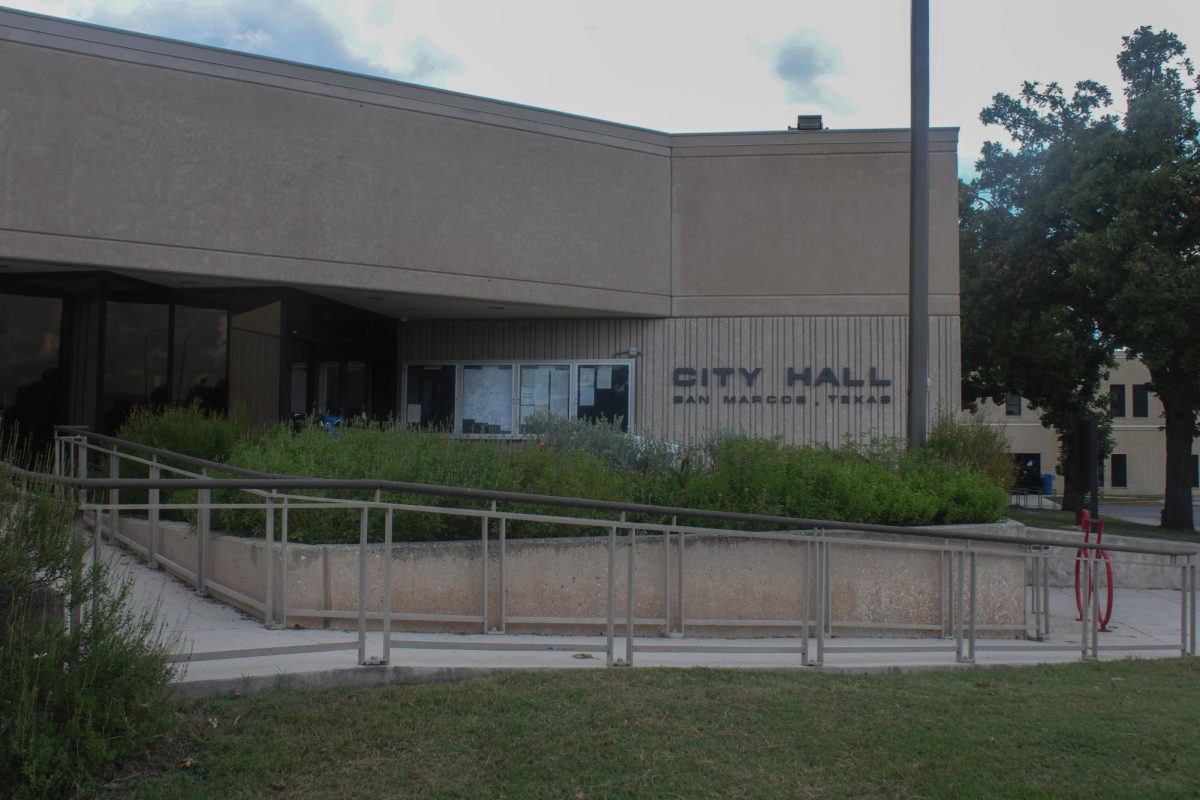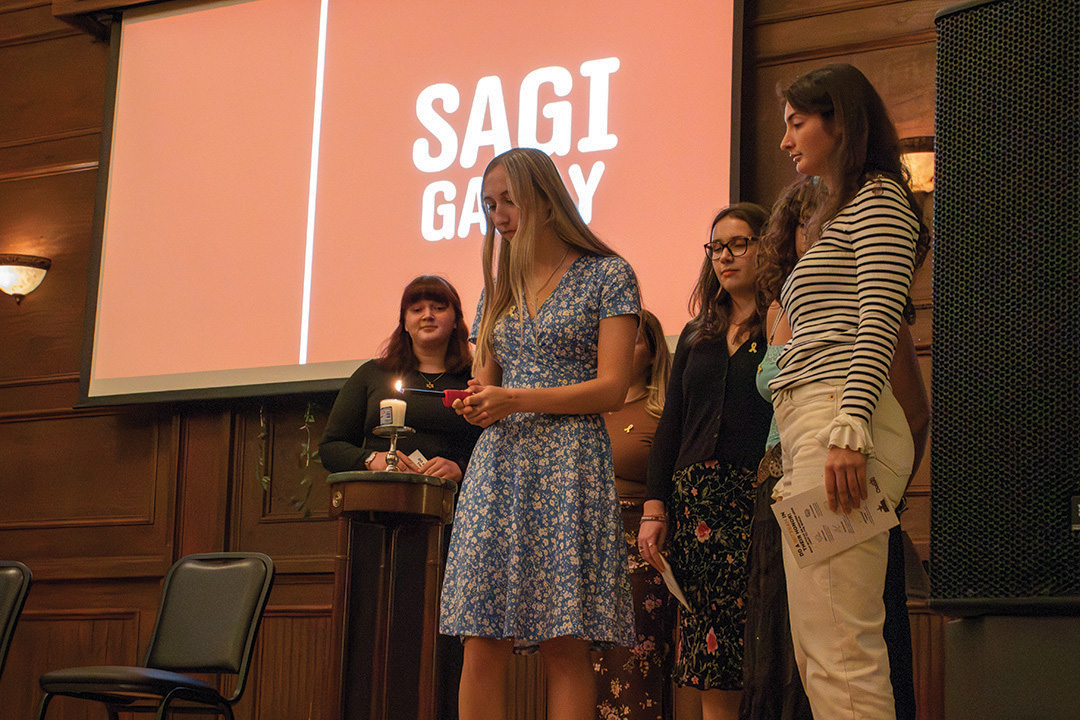The Hays County Mental Health Court has increased its number of patients since the beginning of 2023 and has made changes to the way people with mental illness are treated in the criminal justice system.
The Hays County Mental Health Court works with defendants who have active misdemeanor cases and are diagnosed with a substance use, mental health or an intellectual or developmental disability (IDD) disorder. According to Kaimi Mattila, a mental health court administrator, the purpose of the court is to ultimately keep their graduates out of jail.
“The main focus is to identify these individuals that might be slipping through the cracks and help them get linked to services and treatment so that they can get to a better place in their life and hopefully not get back involved in the justice system,” Mattila said.
According to Elaine Brown, judge of County Court of Law #3, which includes the mental health court, for a defendant to be assessed for acceptance to the court, they must be referred, which can happen by a judge, defense attorney, probation officer, the jail, treatment providers or family members.
After being referred, the defendant goes through a screening where the court will ensure the person falls under the criteria for acceptance. This includes being 17 years or older, a link between the disorder and the current offense, no past or current charge of a sex offense, no substantial history of violent offense and pre- or post-adjucation.
“What we do is we determine whether or not this individual meets the criteria under our program requirements,” Brown said. “Oftentimes, the defense attorney’s office gets together and decides whether or not they can reach a plea agreement to allow them to come into the court.”
Once someone is admitted to the court, staff works to connect defendants with resources to help with their diagnosis. Depending on the diagnosis, they can be connected to different resources. This can include mental health services, substance use rehabilitation centers and other community resources like a food bank.
Since defendants need to attend the resources they are connected to, they do not stay in the Hays County Jail. According to Brown, defendants can stay with family members, have their own place or be connected to a homeless shelter. Some may be on probation or deferred adjudication but they do not need to be housed in the jail.
One new resource the court has started is joining forces with Evoke Wellness in San Marcos since Jan. 2.
According to Mattila, the partnership awarded the court with five scholarships per year that allow defendants who may be uninsured or underinsured to get substance use rehabilitation.
The court can work with defendants to help them go back to school or work Mattila said. Brown said there are currently four individuals in the mental health court who attend Texas State. Through a case worker, defendants can go to school and get help with enrollment or accommodations.
The court has increased from five spots in summer 2022 to 20 in the beginning of 2023. Brown and Mattila hope to increase the court to 25 spots and broaden the criteria more in the next year or two.
“I imagine in the future we would like to expand to include other populations, specifically juveniles and I know that district courts have been talking about creating a mental health court specifically for individuals with felonies,” Mattila said.
Kelli Meeks, a San Marcos resident who has bipolar disorder, has experience with the Hays County Jail. When her husband called 911 to get her medical help, the police instead arrived and booked her into Hays County Jail leaving her in a mental health crisis with no help or medication.
Meeks said she hopes the addition of the mental health court can help people in situations like she was in.
“I honestly think it is a good thing because there are so many people out there have issues that are criminalized but are not criminals,” Meeks said. “I think a mental health court would be able to differentiate between those in crisis and those who are actually out there trying to harm someone.”
